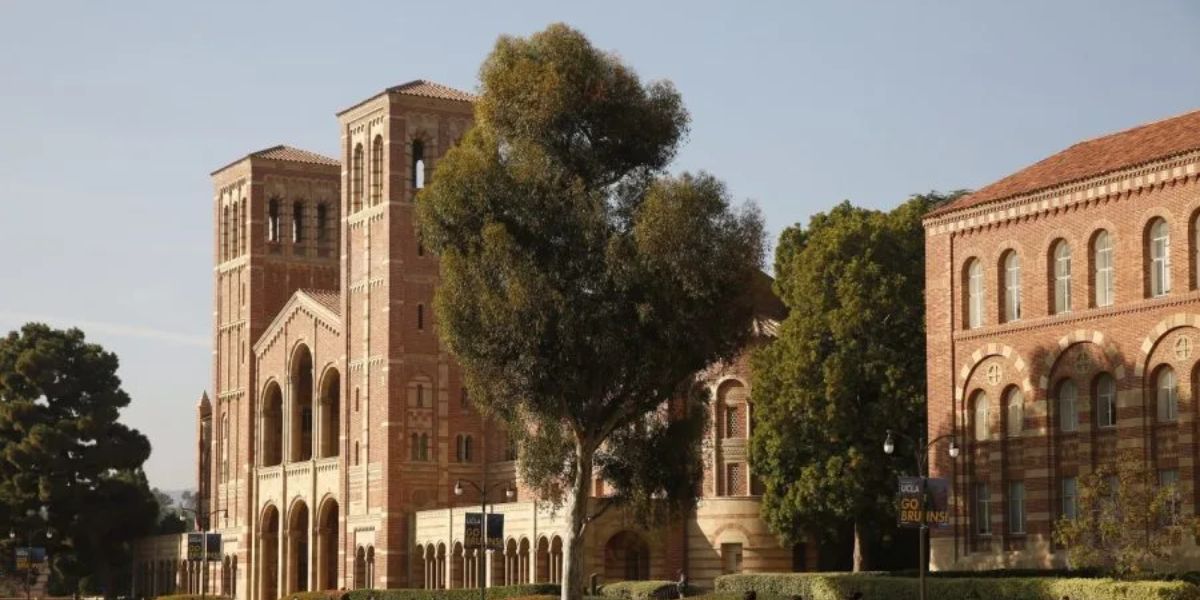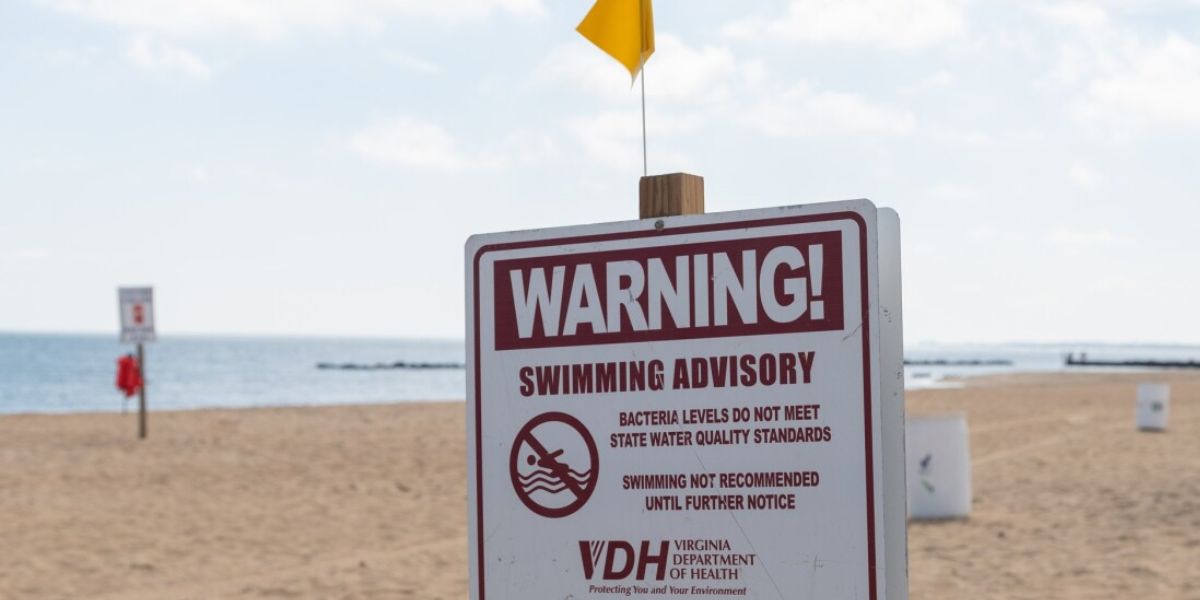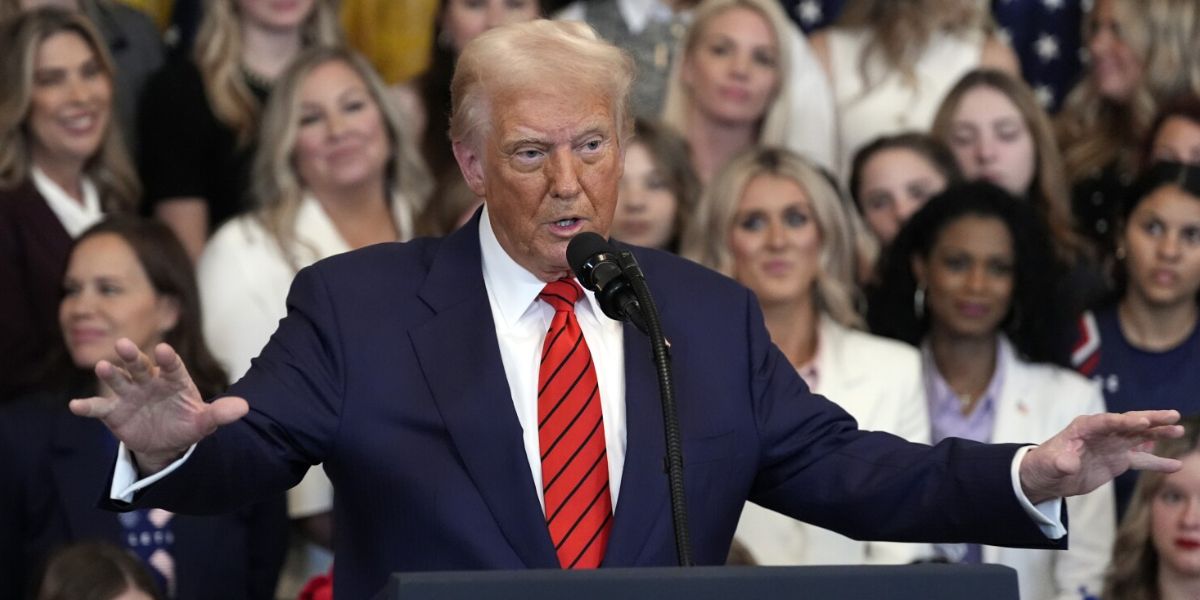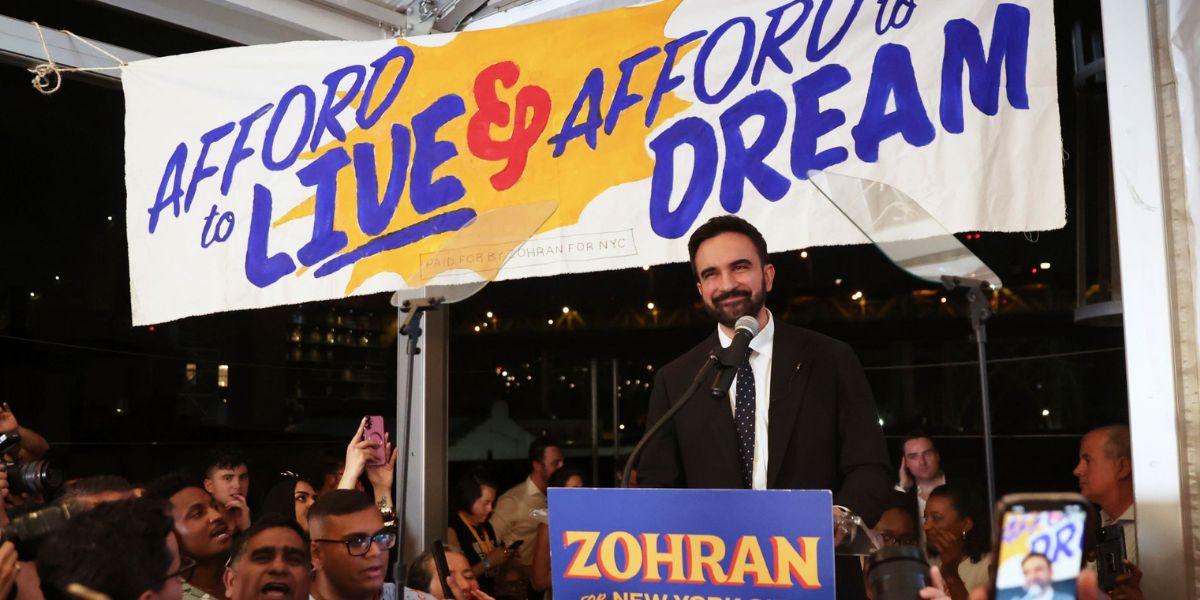University of California President Michael Drake has reiterated that student governments across the UC system are prohibited from engaging in financial boycotts of companies based on their ties to specific countries — including Israel — as scrutiny over campus responses to the war in Gaza intensifies under the Trump administration.
In a letter sent this week to UC chancellors, Drake emphasized that financial decisions made by any UC entity — including student governments — must be guided by sound business practices, such as competitive bidding, not political motivations.
“Actions by University entities to implement boycotts of companies based on their association with a particular country would not align with these sound business practices,” Drake wrote.
UC Cites Business Ethics, Not Politics
UC spokesperson Rachel Zaentz defended the move, saying the reminder was consistent with the university’s long-standing policy.
“While our community members have the right to express their viewpoints, financial boycotts are inconsistent with UC’s commitment to sound business practices, academic freedom, and the free exchange of ideas,” Zaentz said.
Drake did not specifically name Israel, but the timing and context of the letter — amid federal investigations and a spike in campus protests over the war in Gaza — leave little doubt about the intended focus.
Federal Pressure on Higher Education
Since taking office in 2025, President Donald Trump has launched federal investigations into alleged antisemitism on college campuses, including UC Berkeley.
The U.S. Department of Health and Human Services and the National Science Foundation are now requiring grantees to certify that they will not boycott Israel or promote diversity, equity, and inclusion (DEI) if they wish to receive federal funding.
The growing federal restrictions have drawn sharp criticism from civil rights advocates and academic freedom groups.
Backlash From Muslim Advocacy Groups and Student Leaders
The Council on American-Islamic Relations (CAIR) in California denounced the UC directive as an attempt to suppress dissent.
“It sends a chilling message that financial interests and political pressure outweigh free expression and moral responsibility to take a stand against a foreign nation committing a genocide,” said Oussama Mokeddem, CAIR’s government affairs director.
The UC Student Association did not issue an official statement, but its president, Aditi Hariharan, voiced her disapproval in a prior interview.
Read Also: New Bill Would Restrict Corporate Ownership of Single-Family Homes in California
“Students already have little influence on how the university works, and student government is one of the few places where they can really get involved and have their voices heard,” Hariharan said.
Free Speech vs. Financial Policy
The debate highlights a growing tension between student activism, institutional neutrality, and the influence of federal funding.
With campuses across California — including UCLA — having seen clashes over Gaza protests in the past year, Drake’s letter signals a stricter approach toward economic activism in the UC system.
What do you think?
Should student governments be allowed to vote with their dollars? Or should public universities remain politically neutral when it comes to global issues? Share your views in the comments below or join the discussion at ridgecrestpact.org













